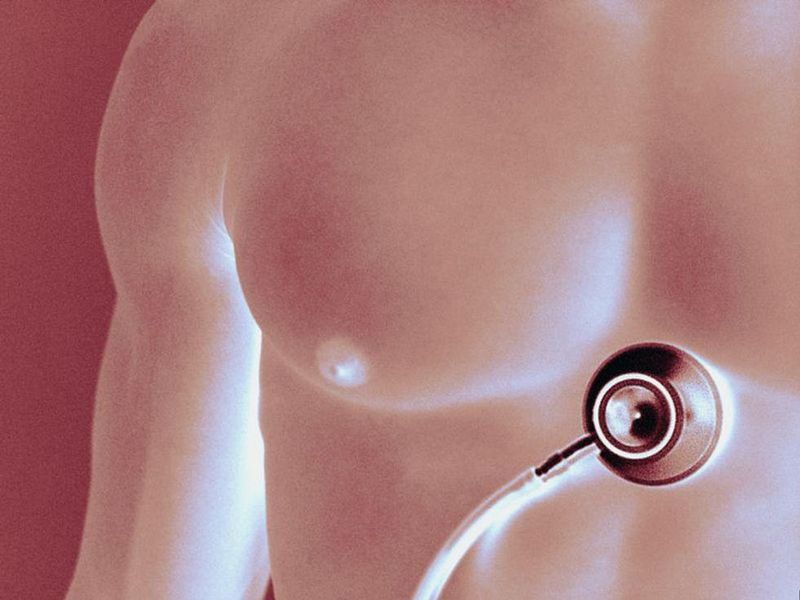No genetic heart disease-sports-associated mortality seen in 2,056 combined years of follow-up
WEDNESDAY, July 28, 2021 (HealthDay News) — Twenty-year experience from a single center suggests that most athletes with long QT syndrome (LQTS) can safely return to play, according to a study published online July 27 in the Journal of the American College of Cardiology, to coincide with the annual meeting of the Heart Rhythm Society, held from July 28 to 31 in Boston.
Kathryn E. Tobert, from the Mayo Clinic in Rochester, Minnesota, and colleagues examined the prevalence and outcomes of athletes with sudden cardiac death-predisposing genetic heart diseases, particularly LQTS, after their return to play in a retrospective study. The electronic medical records of 672 athletes with GHD were reviewed, including 494 athletes with LQTS who were given return-to-play approval.
The researchers found that 16.0 percent of the 494 athletes with LQTS were symptomatic before diagnosis and 11.7 percent had an implantable cardioverter defibrillator. There was no GHD-sports-associated mortality in 2,056 combined years of follow-up. One or more nonlethal LQTS-associated breakthrough cardiac events occurred in 29 patients (5.9 percent). Fifteen of these (3.0 percent) were athletes at the time of the breakthrough cardiac event: Three and 12 (0.6 and 2.4 percent, respectively) experienced a sports-related breakthrough cardiac event and a non-sports-related event, respectively. Per 100 athlete-years of follow-up, the overall event rate was 1.16 nonlethal events.
“We demonstrate that after thorough evaluation, risk stratification, and tailoring of therapy, athletes and their families can participate in shared decision making and return to their competitive sports safely despite their LQTS diagnosis,” the authors write.
Two authors disclosed financial ties to the pharmaceutical, medical device, and medical technology industries.
Copyright © 2021 HealthDay. All rights reserved.








